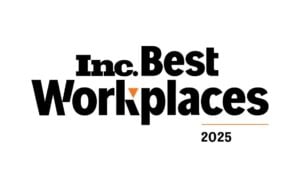A recent study of Wikipedia external links found that these links generate $7-13 million worth of monthly traffic to other websites.

Table of Contents
Let’s take a look at what this means, how it works, and what your organization can do to benefit.
How Wikipedia Works
Before we talk about money, we have to highlight that Wikipedia is not a marketing platform. It doesn’t exist to drive traffic to other sites or to promote a brand or individual. Its purpose is to share knowledge so that readers around the world have free access to information. It does not exist as a platform for anyone to share argumentative, promotional, or opinionated content.
All articles – business or otherwise – must be viewed as encyclopedic articles. That is the strict parameter set for anyone who wants to create a new page or edit an existing one. Do what you’d like, as long as you obey the rules:
- No copyright violations
- All copy backed by reliable, third-party sources
- Neutral-tone throughout the article
- Notable topic (determined by number and type of available sources)
External Links
External links can appear on Wikipedia pages in four ways:
- As references / sources: These are found on all pages and are extremely important for a page’s success. If sources don’t exist or don’t meet Wikipedia’s guidelines, individual sentences can be removed, and pages can be tagged or even recommended for deletion.
- In the External links section, found under References: This is a way to include links to a topic’s personal website, or other related websites, without breaking the “non-promotional” rule.

- In the body of an article: Including links in this manner is harder to do while still following the encyclopedic guidelines. While internal links abound in articles and help users navigate through the massive encyclopedia, external links don’t have an obvious home here. It’s generally easier to add external links in the other ways mentioned.
- In an article’s infobox: Infoboxes are found on the upper right of articles. They include basic, relevant information about the topic. For a business, this would include name, location, founding date, number of employees, industry – and official website.
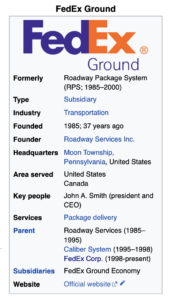
The Most “Profitable” External Links
The study found that official infobox links yielded the highest click through rates (CTRs). They also found that articles for businesses, educational institutions, and websites had the highest CTR.
To determine the comparative cost of these free clicks, the authors of the study asked themselves how much money a search engine would want from website owners to deliver the same number of clicks via ads. They selected relevant keywords and determined cost per click based on historical auction bid prices for those keywords.
The answer: website owners would need to pay $7-13 million per month to obtain the same volume of traffic via sponsored search.
Make sure your official website is in your infobox as well as in the External links section to set yourself up for success.
How to Add an Infobox Link
If you want to add an external link to your company’s page, you can visit your page’s Talk page and request that an editor make the change. Taking this route prevents another editor from calling your edit out as a COI and removing it.

Once you’re on the Talk page, select New section. Scroll to the bottom and leave your request. Identify yourself as someone affiliated with the company when you do so. Heads up: it can take anywhere from minutes to weeks for someone to see and respond to your request.


If you’d like to add an external infobox link to a page you are not affiliated with, select Edit on the page’s right hand side.

To make things simpler, you can switch to Visual editing.

Select the infobox, and then add the website.
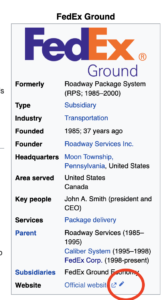
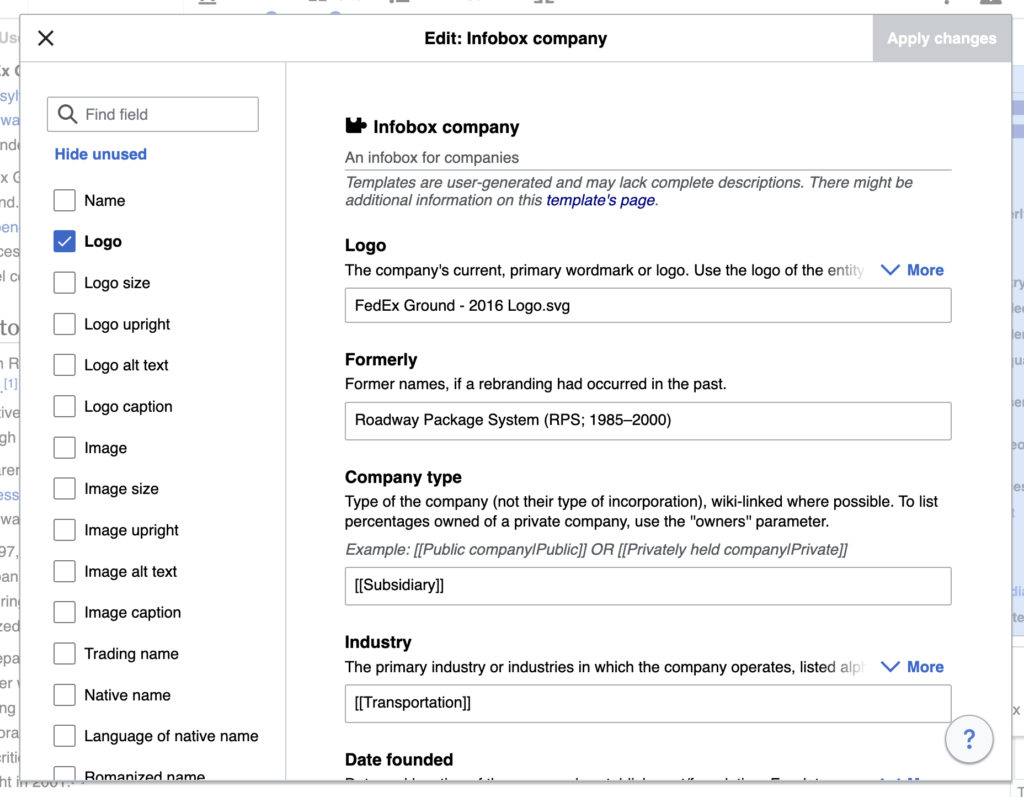
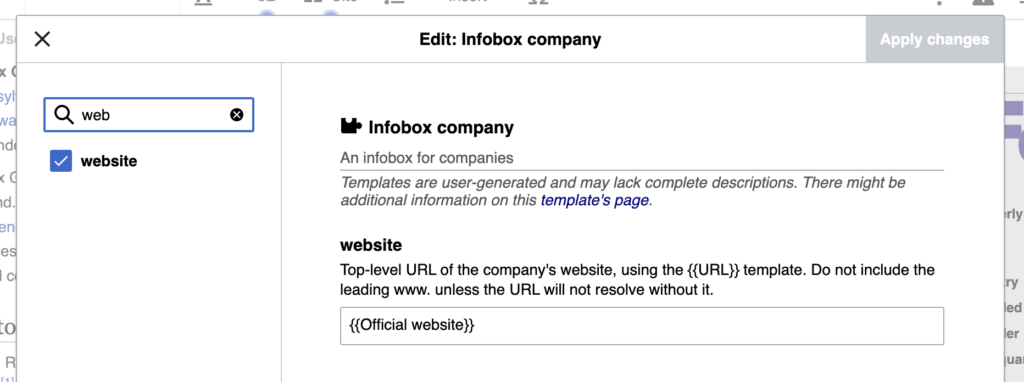
The Most “Clicked” Articles
Shorter and less popular articles saw more clicks than longer, more popular articles. What does this mean?
It means you should focus on having a concise, factual article on Wikipedia if you want to drive people to your website. If your article is long and/or poorly organized, it should be cleaned up quickly. Remember, Wikipedia isn’t a marketing platform. You don’t need to try to include everything about your company on your page. Not only will marketing messaging lead to tags and issues with other editors, it will also decrease the chances of someone clicking through to your official site. If you’ve provided them with everything, there’s nothing left for them to learn and nothing driving them to you.
Extra Benefit from External Links
In addition to yielding real traffic results, external links can boost the overall authority of your site, which can help with search engine rankings. This is because Wikipedia has a domain authority of 93, practically perfect. Links from Wikipedia therefore signal search engines that your site is also respected and valuable.
While this benefit will come from any external links, not only infobox links, we’ve seen the most success with high-quality references. More often than not, your official website cannot serve as a reference as it doesn’t meet Wikipedia’s preferred guidelines. However, if you’ve created research papers, textbooks, or other high-quality, reputable sources, these are potential Wikipedia references.
To use these external links, find a Wikipedia article or articles with topics related to your created content. Review the page and see if there is a place for you to add relevant information backed by your source. If yes, the information can be added along with your external link as reference.
Additional Reasons Wikipedia is Good for SEO
A MOZ study of 647 search results reported:
- 89% of websites and organizations on the first page of Google had at least one Wikipedia mention
- 93% of all top 3 search results had at least one Wikipedia mention
- 73% of page 1 results and 82% of top 3 results were organizations with a standalone Wikipedia page
As the study points out, this points to the importance of Wikipedia mentions and pages as factors in determining where you rank in Google search results. While we don’t know exactly how Google’s algorithms work, we can use this data to inform our SEO strategies.
What if your official website isn’t ranking on the first page of Google but you do have a Wikipedia page or mention? You’re still in luck. Since many Wikipedia pages rank as a first page search result, your Wikipedia presence means that people can still get their eyes on your information without having to click past the first page. If they do click through to Wikipedia, and if your official website URL is in your infobox, you’ve just reached a potential customer, investor, or employee that otherwise would not have found your site.
If you want to know more about using Wikipedia as part of your SEO and marketing strategy, give us a call at any time. We are always happy to chat and answer any questions.



